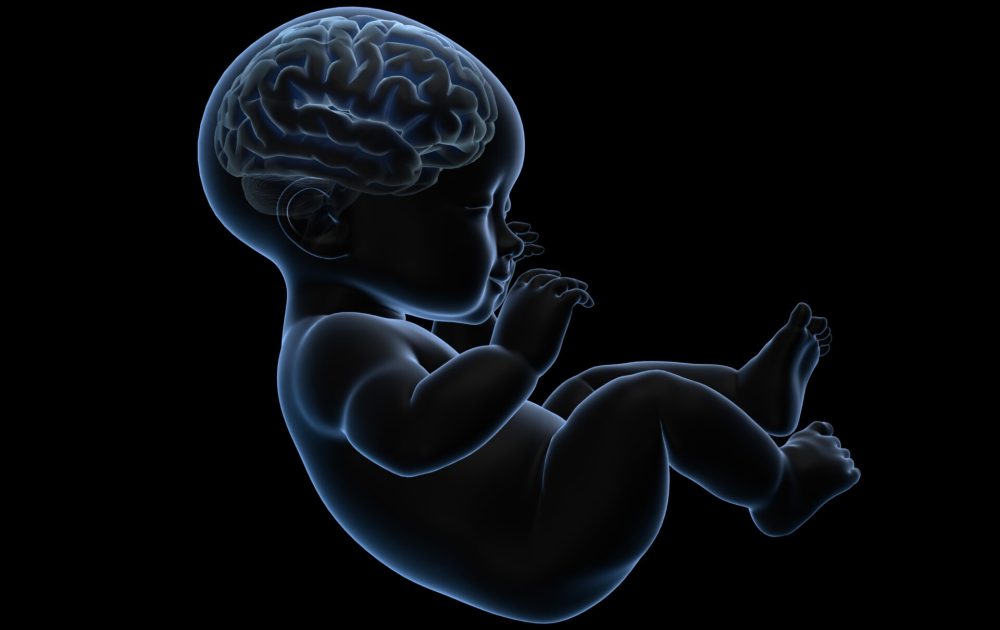Our test tells you which everyday chemicals you've recently come into contact with, and easy steps you can follow to reduce your exposure to them.
Environmental effects on brain development

A new study of 1000’s of children and adolescents in the Netherlands has concluded that exposure to ambient air pollution during early life can have long terms effects on the development of white matter in the brain. The study investigated links between early childhood exposure to air pollution and the development of white matter microstructures of the brain.
Children whose mothers were exposed to high levels of fine particulate matter (PM2.5) during pregnancy, and early in their childhood development were more likely to show lower scores of a key brain developmental measure called fractional anisotropy. This is used to measure how well water molecules travel and are absorbed in the brain, and its role in the development of white matter in the brain.
Further changes in an another measure of brain development were also found. Exposure to some pollutants such as silicon in PM2.5 were linked to changes of a measure of development of white matter known as mean diffusivity – this is an indicator of the overall health of white matter.
Higher mean scores of this measure were found in children’s brains whose mother’s had been exposed to higher levels of air pollution during pregnancy, but the effects of this exposure decreased over time, suggesting that not all exposures to air pollution may have lasting effects on the development of the brain.
Exposure levels recorded in this study were below the recommended European guidelines for PM2.5, but above the more stringent WHO guidelines. This study provides further evidence for the need for more stringent regulation across the globe. Last week the UK was the first of the G7 nations to close its final coal-fired power station amid the ongoing transition to renewable energy.
Things you can do to reduce the effects of exposure to air pollution
- Check the air quality index before going outside to check your air quality. If it’s high, avoid exercising outdoors and heavily congested traffic areas/peak times where possible
- Wear a N95 mask in highly polluted areas (they filter fine particles)
- Turn off your car engine when parked up or in stationary traffic
- Use an air purifier in your home and car
- Exercise regularly, eat a well-balanced healthy diet and get adequate sleep to strengthen your immune system so you are better able to combat the effects of air pollution
- Drink plenty of filtered or distilled water to keep hydrated so the body is better able to deal with the effects of air pollution
- If you use a log burner, make sure the wood you are using has a low moisture content and contains no chemical additives (such as preserved wood, like pallets)
Further reading
- Read the full study here
- How do children manage exposure to environmental pollutants?
- The link between mental health and the air we breathe